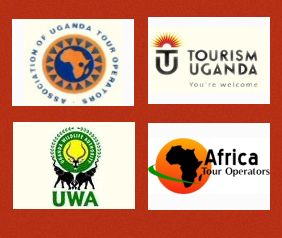Rwanda reaps from post war gorillas
Despite a decade of war and environmental devastation, Rwanda’s mountain gorillas and their habitat have managed to survive. On the steep, misty slopes of the sabinyo Volcano, far above the green rectangles of sorghum fields that press against Parc National des Volcans, a family of mountain gorillas is frolic. Conservationist are taking closer look at the region, suggesting these wet, lush mountains, there is a lesson for the world about how an environment can withstand conflict.
During the 1990s, this tiny country in central Africa erupted into some of the worst ethnic conflict of the 20th century. The peak of the violence came between April and July 1994, when Hutu militias slaughtered an estimated 800,000 Tutsis and other Hutu labeled ‘moderate`. The environmental degradation was huge. Rebels and government officials fought in the national parks, soldiers’ poached wildlife and refugees swarmed into protected forests. The parc national des Volcans (PNV) was different. The PNV encompasses the Rwandan section of the virunga volcanoes, a looming mountain range in the border region where Rwanda Congo and Uganda meet. This is a home for mountain gorillas made famous by researcher Dian Fossey and the movie ‘Gorillas in the Mist’
This area saw intense fighting during the war. But despite the dangers, handful of NGOs continued to fund conservation projects and rangers continued to work as well as the local community supported the efforts. Rwanda and central Africa struggled with the long-term consequences of wars, environmental devastation, food shortages and deforestation to name a few however Rwanda’s gorilla region is growing at highest rate. NGOs and the junior staff helped the gorillas survive. Most of the people living around here know how this place is different from the rest of Rwanda. Today, tourism in Rwanda’s gorilla region is growing, and the soil is considered the best in the country an important factor in a society where 90% of the population farm. While conservationists say that in other areas it’s difficult to get local support for national parks, in Par des national volcans most locals are on board.

